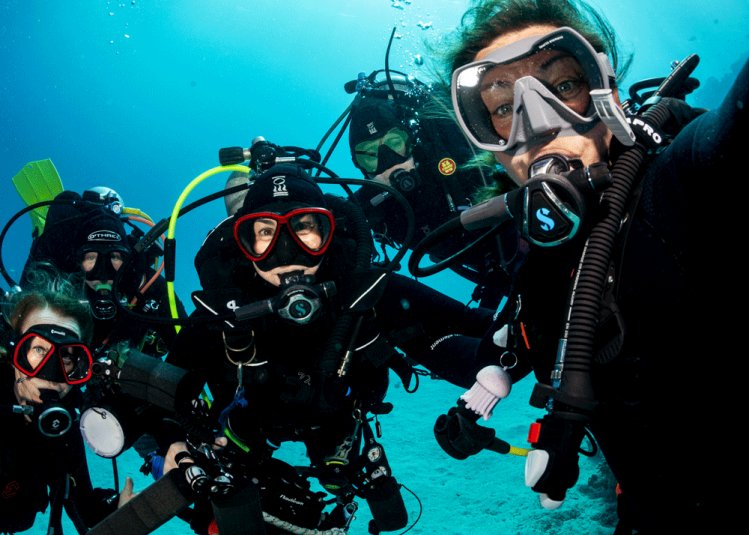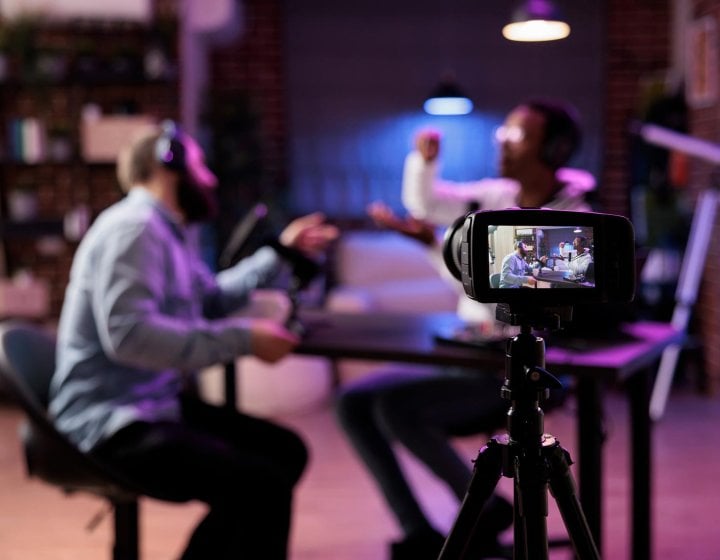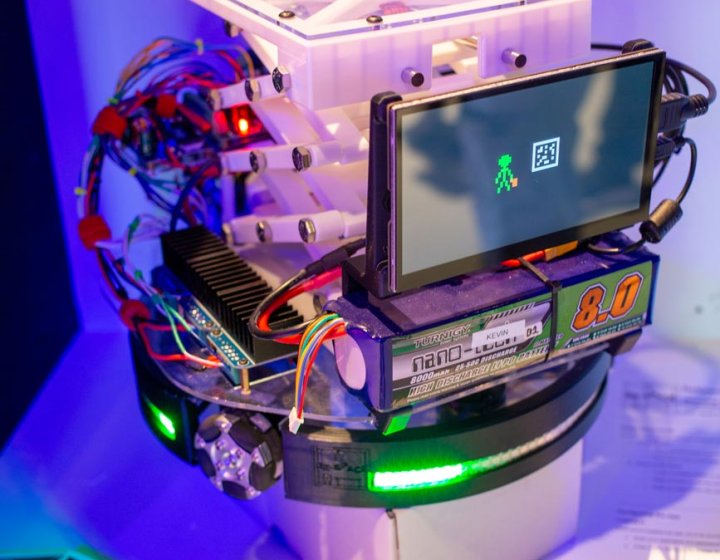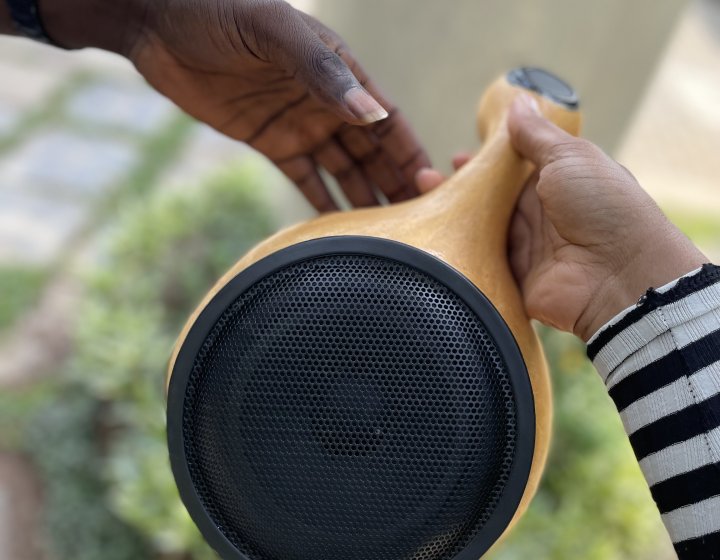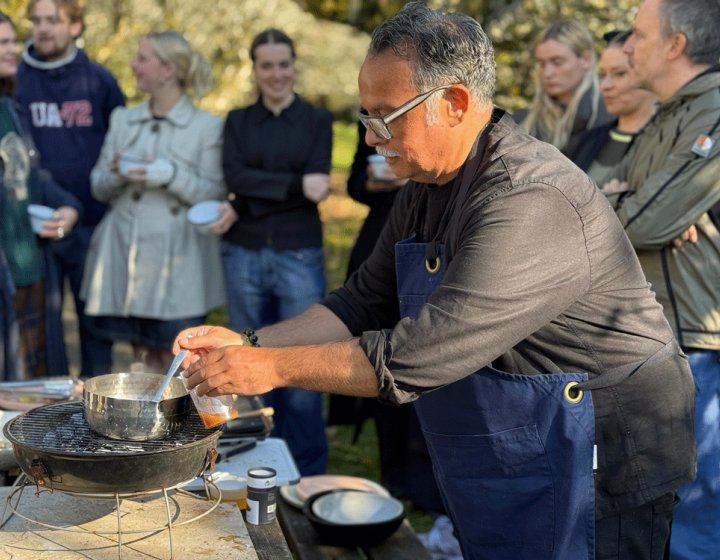The module leader banishing the buzzwords around creative storytelling in marketing
09 May 2022
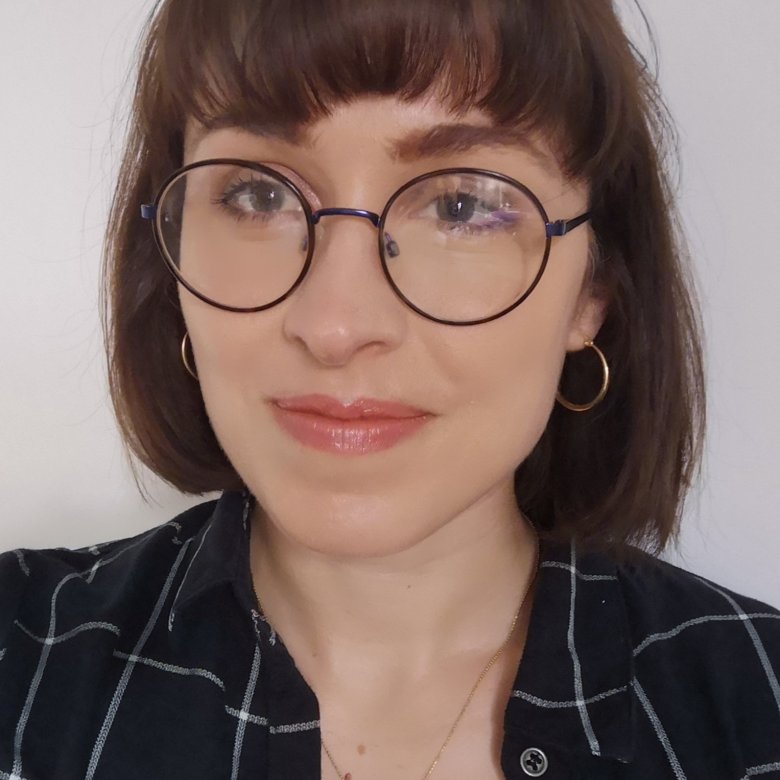
Rosie Smith is an award-winning writer, journalist and copywriter, and leads the Creative Digital Storytelling module on our online MA in Marketing and Digital Communications. We chatted to Rosie about her impressive career path, her love of writing and the vital parallels between fiction and copywriting that can transform any marketer’s arsenal.
Over recent years, ‘creativity’ and ‘storytelling’ have become buzzwords across the business and marketing industries, with both seen as vehicles for quickly boosting engagement with brands and campaigns. But for Rosie, the key to unlocking creativity in marketing is to zoom in on the different theories of storytelling.
As she puts it: “Because storytelling has become a bit of a buzzword in recent years, it can be unclear what’s really meant by it. On the module we really dig into what it means in a practical sense, and how students can use different theories of storytelling to strengthen and inform their work.”
Explaining the module in more detail, Rosie tells us: “In the first half of the module, students look forensically at a chosen TV advert, and really figure out whether it’s effective as a piece of strategic creative work. Then the second half of the module is about students producing their own creative work through responding to a brief of their choice. It’s exactly how you’d work in industry, putting together creative work that responds to a fleshed-out brief in a strategic but innovative way.”
Rosie began her career as a journalist, working across features, staff writing, editing, and reviewing, before discovering her passion for copywriting almost by accident. “I went to a fiction event, met a copywriter, and I thought it sounded kind of like being in Mad Men! So I went away, found out more about it, and about a month later, managed to get a job at that same copywriter’s agency.”
Her freelance copywriting career flourished, and she has worked for an impressive and eclectic range of brands from Samsung and Gymshark, to more recently writing social media copy for Google and YouTube. Amidst her copywriting work, she took a year out to do a master’s degree in creative writing, graduating with a distinction and going on to win awards for her fiction.
“People sometimes think that creativity is either something you have, or don’t have. But I think you can definitely learn how to be creative.
So, leading the module in Creative Digital Storytelling couldn’t be a better fit for Rosie, who champions the parallels that exist between fiction and copywriting. “I’d been keeping a beady eye on university teaching jobs for a few years, and I was really excited when I saw the role come up at Falmouth towards the end of 2020, because it combines my two favourite things in one job.”
She adds: “Effective branding is like creating a fictional character that readers can get to know, root for, and come to trust over time. A good brand personality is something that people feel they can have a relationship with and then, over time, if it’s good enough, trust with their money. It’s about creating something people can believe in and care about.”
As well as getting under the skin of narrative and storytelling theories in marketing contexts, what else does Rosie think makes the MA in Marketing and Digital Communications stand out in the crowded postgraduate marketplace? “The work the students produce is hugely practical, and it equips them for the working world in a comprehensive way. Every module on the course covers a different aspect of what’s needed to work in different roles across the marketing industry, so there’s something for every aspiration. It’s also perfect for those students who know they want to work in marketing but want to explore all their options before going down a particular career path.”
Another aspect of the course that sets it apart is the position of sustainability at the core. “We award marks for projects that focus on sustainability and diversity, and sustainability is embedded into all the briefs in the module’s final assessment. Marketing is an industry where we can end up working for brands that might not align with our values. I’ve been in sticky situations before where I have had to decide if I’m comfortable working for a particular client, and that is just the unfortunate truth of the business. So, we want to set the students up to use their skills to create positive change in the industry, and to channel their creativity for good.”
And Rosie truly believes that anyone can be creative, given the time, resources, and guidance. “People sometimes think that creativity is either something you have, or don’t have. But I think you can definitely learn how to be creative. I love creativity that has a purpose and an objective, and it’s exciting to see what the students produce on the module - they often really surprise themselves by what they are capable of.”
